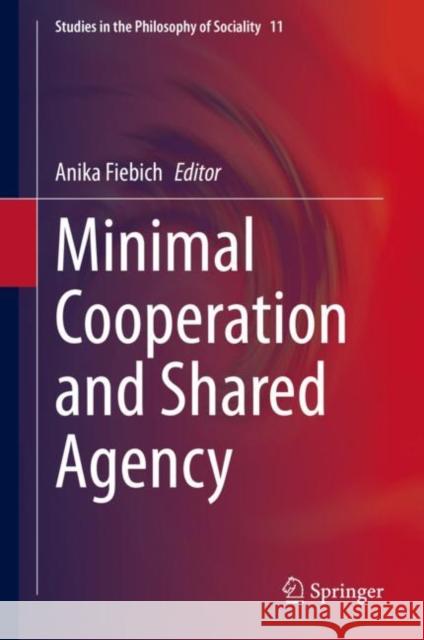Minimal Cooperation and Shared Agency » książka
topmenu
Minimal Cooperation and Shared Agency
ISBN-13: 9783030297824 / Angielski / Twarda / 2020 / 217 str.
Minimal Cooperation and Shared Agency
ISBN-13: 9783030297824 / Angielski / Twarda / 2020 / 217 str.
cena 524,53
(netto: 499,55 VAT: 5%)
Najniższa cena z 30 dni: 501,19
(netto: 499,55 VAT: 5%)
Najniższa cena z 30 dni: 501,19
Termin realizacji zamówienia:
ok. 22 dni roboczych
Bez gwarancji dostawy przed świętami
ok. 22 dni roboczych
Bez gwarancji dostawy przed świętami
Darmowa dostawa!
Kategorie BISAC:
Wydawca:
Springer
Seria wydawnicza:
Język:
Angielski
ISBN-13:
9783030297824
Rok wydania:
2020
Wydanie:
2020
Numer serii:
000456443
Ilość stron:
217
Waga:
0.49 kg
Wymiary:
23.39 x 15.6 x 1.42
Oprawa:
Twarda
Wolumenów:
01
Dodatkowe informacje:
Wydanie ilustrowane











